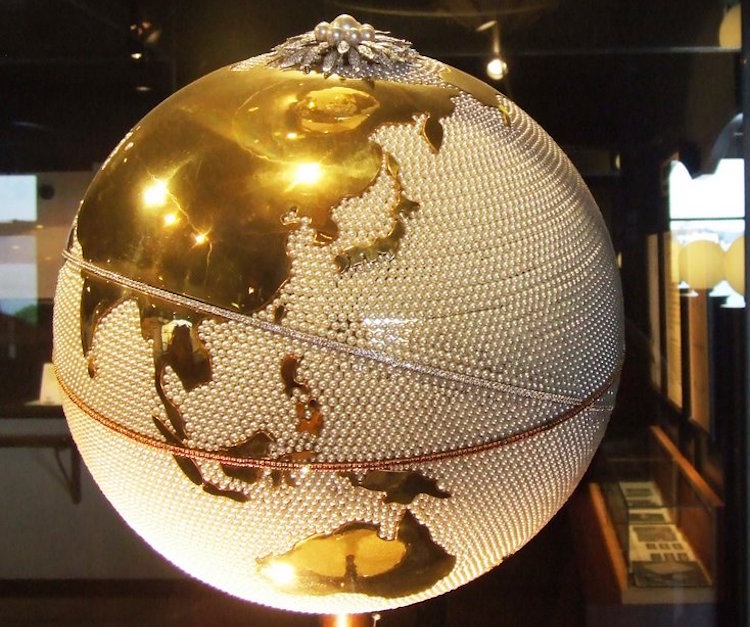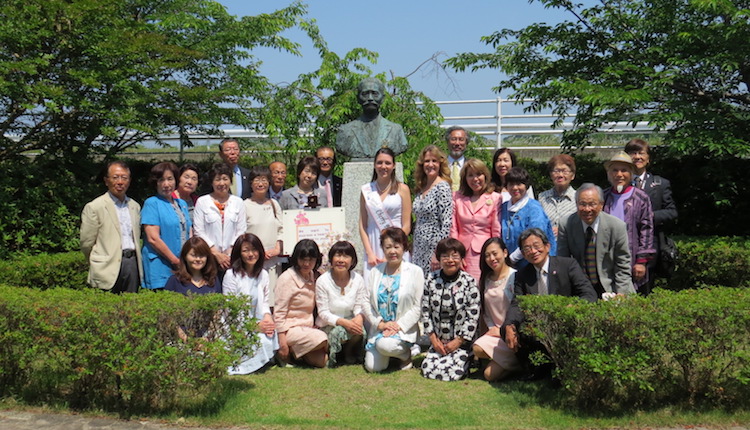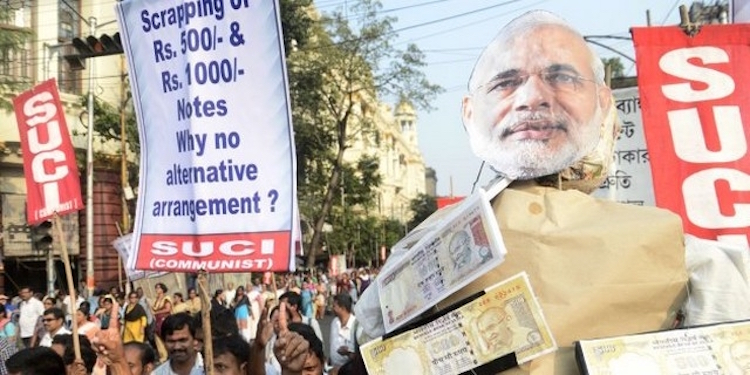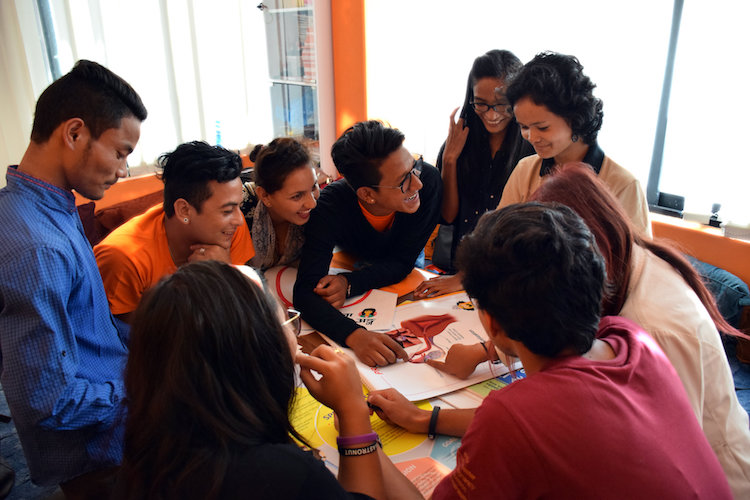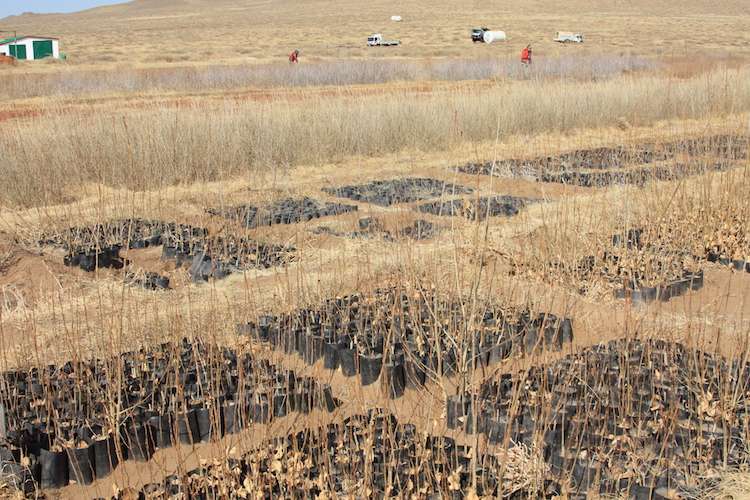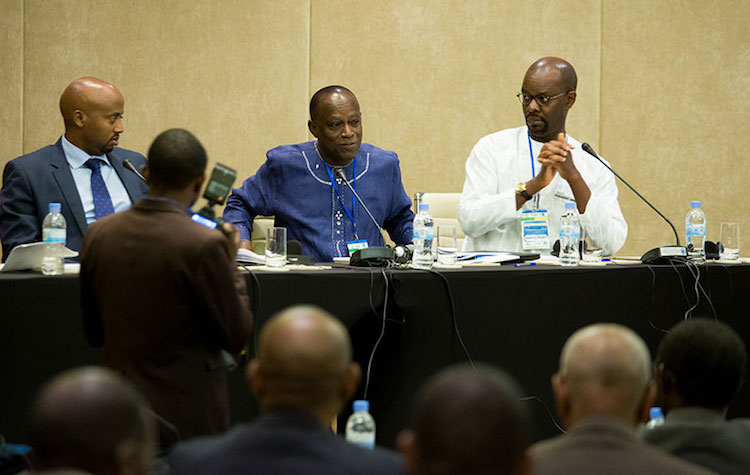By Ramesh Jaura and Katsuhiro Asagiri
TOKYO (IDN) – To adorn the necks of all women in the world with pearls: this was the “humble ambition” of Kokichi Mikimoto, who died in September 1954 at the age of 96, says Noboru Shibahara, Manager of the Mikimoto Pearl Island, as we stand in front of a bronze statue of the man after whom Japan’s famous island is named.
Mikimoto was fully aware that “in order to realize his ambition, peace and trusted relations among nations have to exist based on democratic principles as advocated by Yukio Ozaki”, adds Shibahara.
Also remembered with his pseudonym ‘Gakudo’, Ozaki served in the House of Representatives of the Japanese Diet for 63 years (1890–1953), and is still revered as the “God of constitutional politics” and the “Father of the Japanese Constitutional Democracy”.

